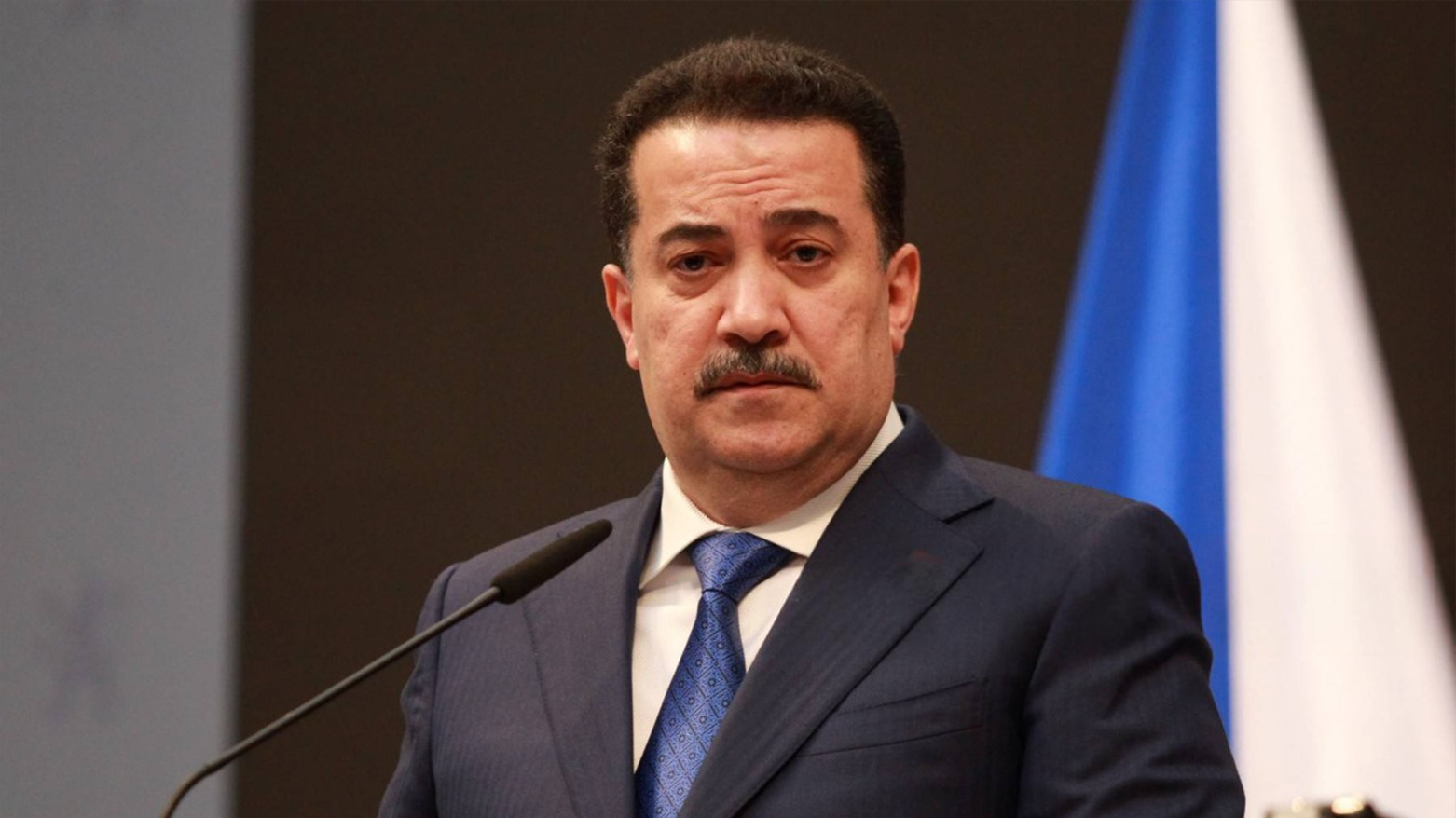Iraqi PM Vows to Rebuild Sinjar, Nineveh for Displaced Families' Return
Despite ongoing challenges in Sinjar, new infrastructure projects signal renewal, but success hinges on the full implementation of the Sinjar Agreement, militia withdrawal, and displaced residents' return.

ERBIL (Kurdistan24) – In a move aimed at revitalizing war-torn regions and facilitating the return of displaced communities, Iraqi Prime Minister Mohammed Shia al-Sudani has announced a new wave of infrastructure projects for Sinjar and the Nineveh Plains.
The government has pledged to undertake 14 key projects, with a total budget of 18 billion Iraqi dinars, as part of a broader plan to restore essential services and reconstruct critical infrastructure.
The Prime Minister's Media Office confirmed the details in a statement released on Saturday, emphasizing that the projects fall under the Sinjar and Nineveh Plains Reconstruction Fund.
These initiatives are part of the government’s strategic vision to rehabilitate areas that suffered immense destruction during ISIS occupation and subsequent military operations. Among the primary objectives is the rehabilitation of main roads connecting Sinjar’s district center to its surrounding villages, ensuring improved accessibility and mobility for returning residents.
Al-Sudani praised the contributions of the Governor of Nineveh, local administrative units, and workers engaged in launching the reconstruction efforts. He emphasized that the government's commitment extends beyond these initial projects, stating, "The second package of projects will cover all areas, ensuring a comprehensive approach to rebuilding Sinjar and the Nineveh Plains."
Sinjar Agreement and Security Challenges
The announcement of these projects comes in the context of ongoing efforts to implement the Sinjar Agreement, signed between the Iraqi government and the Kurdistan Regional Government (KRG) on October 9, 2020.
The agreement was intended to normalize the security and administrative situation in Sinjar, facilitating the withdrawal of armed groups, restoring local governance, and accelerating the return of displaced residents.
However, nearly five years after its signing, full implementation remains elusive, with thousands of displaced Yazidis still unable to return home due to security instability and political disputes.
The area remains contested, with various armed groups—including the Popular Mobilization Forces (PMF) and the Kurdistan Workers’ Party (PKK)-affiliated Shingal Resistance Units (YBS)—maintaining a presence.
Read More: KRG and Baghdad reach administrative, security agreement on Sinjar
These groups, many of which receive support from external actors, continue to hinder the normalization process. Reports indicate that over 20,000 fighters from various militias remain stationed in Sinjar, obstructing reconstruction efforts and turning the city into a battleground for regional power struggles.
The KRG has repeatedly called for the implementation of the agreement, stressing that the presence of these groups is a primary reason for the ongoing displacement of Yazidis and the slow pace of redevelopment.
Sinjar was liberated from ISIS in November 2015 by Kurdish forces backed by the US-led Coalition. However, since 2017, following the Kurdistan independence referendum, Iraqi forces and PMF militias took control of the area, expelling the Peshmerga and establishing their own local administration.
This has led to a governance crisis, with two competing local governments—one appointed by Baghdad and another elected by residents before October 2017—leading to confusion and inefficiency in decision-making.
A Renewed Push for Development and Economic Growth
One of the government’s primary objectives is to accelerate the return of displaced persons, many of whom remain in temporary camps or have sought refuge in other parts of Iraq and the Kurdistan Region.
Al-Sudani reiterated that the government is fully committed to resolving this pressing humanitarian issue through the implementation of sustainable development projects. "The government is committed to resolving the displaced persons file and implementing projects that will facilitate their swift return," he stated.
Beyond road and infrastructure rehabilitation, Al-Sudani pointed to ambitious long-term initiatives, including the establishment of Sinjar University, as a means to foster education, economic growth, and stability in the region. He stressed the importance of inter-ministerial coordination to prevent bureaucratic obstacles from delaying the implementation of these projects.
"The implementation of projects is crucial, including Sinjar University, and there is coordination between ministries, service directorates, and administrative units to avoid conflicts and obstacles in project execution," he explained.
Furthermore, the Prime Minister highlighted the economic potential of Sinjar and the Nineveh Plains, advocating for their transformation into economic hubs that could generate employment opportunities and stimulate regional development. "The regions of Sinjar and the Nineveh Plains possess natural resources and deserve to become economic cities that support development and create job opportunities," he said, indicating the government’s broader vision for long-term prosperity.
Hope for a Stable Future
Despite the challenges that persist in Sinjar, the launch of these new infrastructure projects signals renewed efforts to rebuild the region and restore a sense of normalcy. However, success depends on the full implementation of security agreements, the withdrawal of illegal armed groups, and the return of displaced residents.
As the reconstruction efforts gain momentum, residents and local leaders hope that these initiatives will lay the groundwork for a sustainable and prosperous future in Sinjar and the Nineveh Plains. The Kurdistan Regional Government has reaffirmed its commitment to supporting the voluntary and dignified return of refugees, emphasizing the need for genuine efforts to restore peace and stability in the region.
